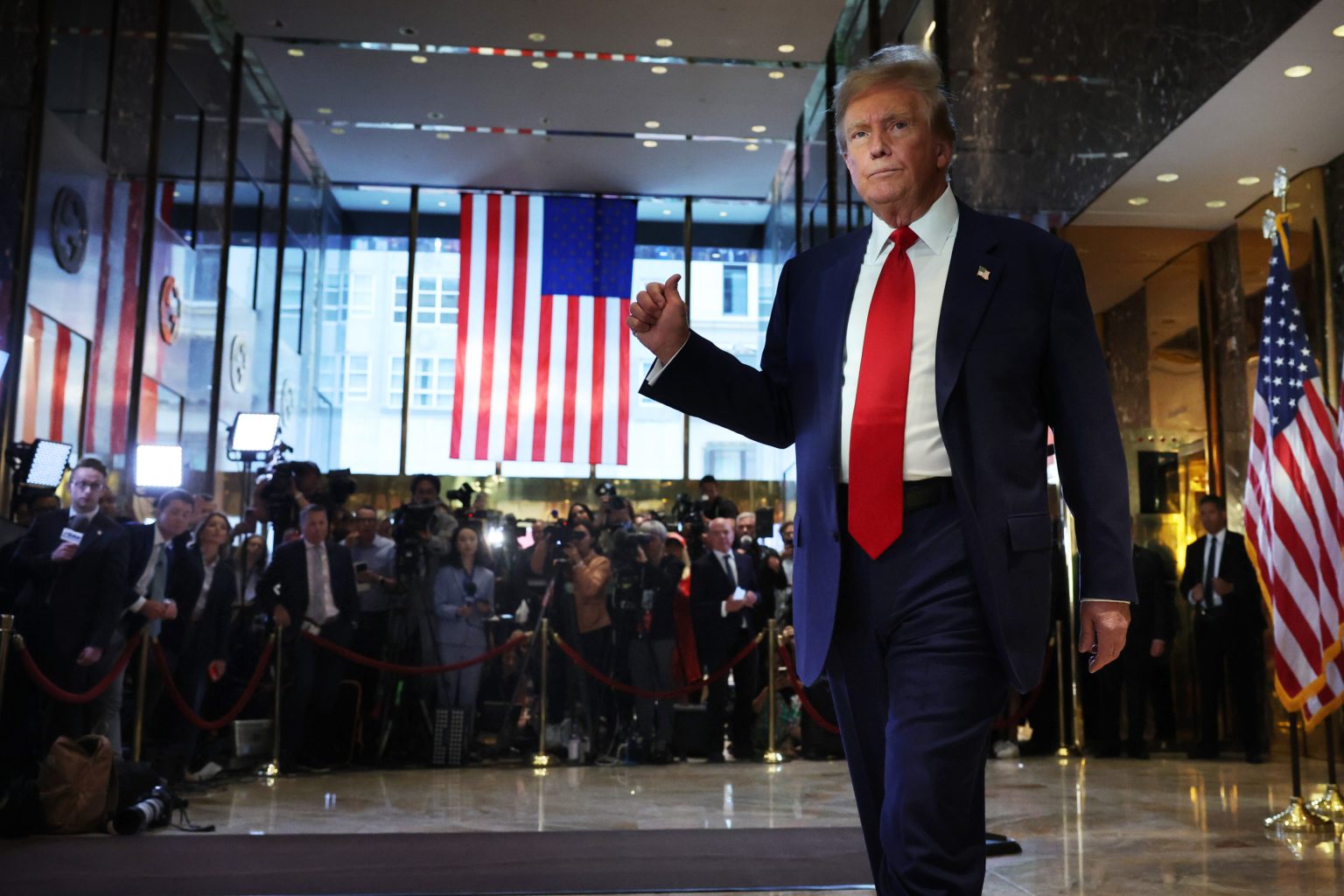Issues surrounding testimony and evidence presented during Donald Trump’s trial are expected to be the basis of an appeal by his legal team following his felony verdict. Trump was found guilty of 34 counts of falsifying business records, making him the first U.S. president convicted of a crime. Trump plans to appeal the verdict after his sentencing on July 11, with concerns raised about the testimony of Stormy Daniels and the legal issues surrounding the object offense that converted the misdemeanor into a felony.
Former U.S. attorney Joyce Vance outlined four key areas that Trump’s legal team may focus on during the appeal process. These areas include questioning if Daniels’ testimony was prejudicial towards Trump and disputing the use of federal campaign finance fraud as the object offense. There is also contention over the judge allowing a unanimous verdict about the object crime but not the means used to accomplish it, as well as whether there was enough evidence to support the verdict. Vance acknowledged that Trump has the right to appeal and raise serious issues in his defense, though the probability of success is low.
One of the key points of contention in the appeal process is whether Daniels’ testimony exceeded what was deemed permissible and unfairly prejudiced Trump. Another issue is the allowance of the district attorney to use federal campaign finance fraud as the object offense that escalated the misdemeanor to a felony. Additionally, there is debate over the judge’s decision to allow a unanimous verdict about the object crime itself but not the means used to achieve it. There are concerns about whether there was sufficient evidence to support the verdict, a common argument raised by defendants on appeal.
The potential outcome of the appeal remains uncertain, with the possibility of Trump’s sentence being suspended until the appeals process is concluded. The charge of falsifying business records carries a maximum sentence of four years in prison, but typically, individuals found guilty of this crime may receive shorter sentences, fines, or probation. Vance emphasized that while she supports the guilty verdict, Trump has the right to pursue an appeal in his defense. The legal issues surrounding his trial and conviction will likely be closely scrutinized during the appeals process.
Overall, the appeal against Donald Trump’s felony verdict will focus on challenging the testimony heard and evidence presented during his trial. Key areas of contention include the prejudicial impact of Stormy Daniels’ testimony, the use of federal campaign finance fraud as an object offense, and the sufficiency of evidence to support the verdict. While the likelihood of a successful appeal may be low, Trump has the right to pursue this course of action to challenge the outcome of his trial. The appeals process will determine whether Trump’s conviction will stand or possibly be overturned based on the legal arguments presented by his defense team.








